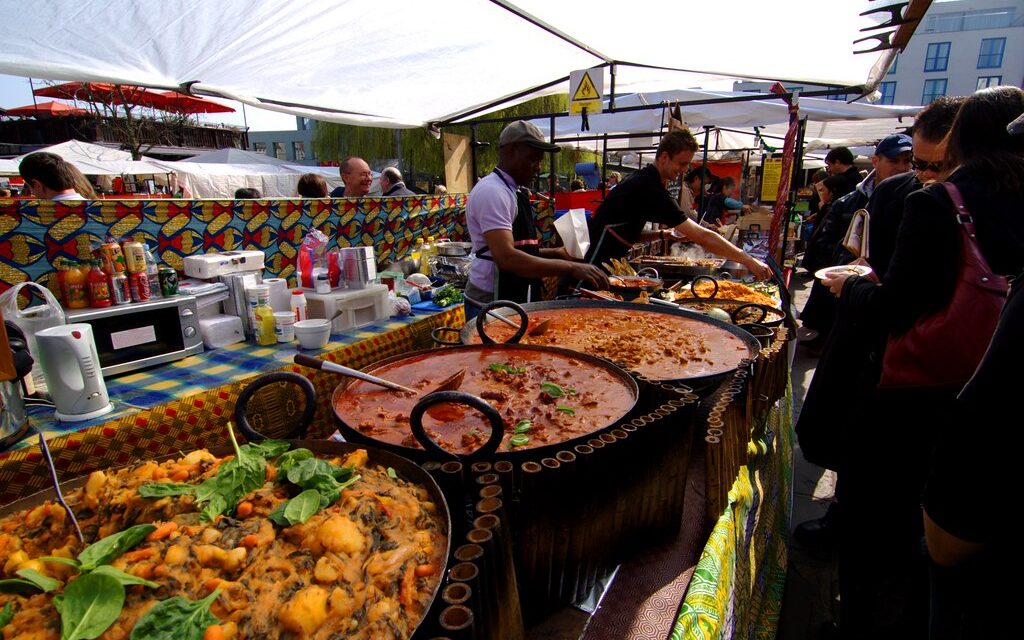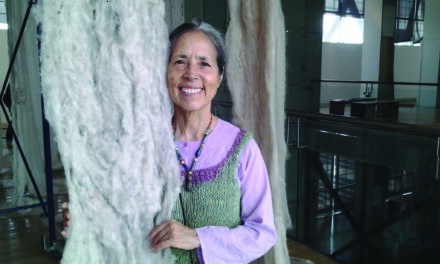Diaspora wars are counterproductive cross-cultural arguments amongst those in the African diaspora where they express their differences. While there is nothing wrong with having cross-cultural discussions, these conversations have become a way to spread the anti-Black ideologies that many have sadly internalized. The Black diaspora spans six continents and despite all of our differences, we all have a history of colonial oppression. This is shown through similarities in music, food, dances and traditions preserved despite the disconnect from Africa.
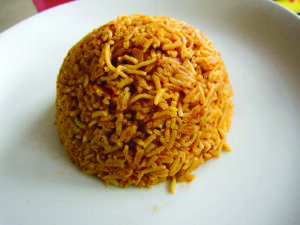
Rice
Rice is a staple part of Black people’s diets, including the single-pot tomato-based dishes Jollof Rice and Jambalaya. We can trace these dishes’ similarities back to slavery. Because rice was not native to the Americas, colonists had no idea how to cultivate and maintain it. Given their vast expertise in rice farming, colonists deliberately abducted Africans from the “West African Rice Coast.” “West African Rice Coast” refers to the West African region from the lower Casamance River in present-day Senegal to Sierra Leone. They carried West African cuisine with them and with time, they evolved.
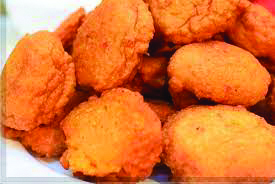
Fried Beans
Àkàrà. Kosai. Acarajé. All of these are names for a fritter made from fried beans or cowpeas. Several variations of these fritters can be found throughout Africa, the Caribbean and Brazil. In Nigeria, Akara is made from peeled black-eyed peas, typically eaten with bread or akamu ogi. While in Brazil, Acarajé is a stuffed fritter made from a blend of black-eyed peas stuffed with fried beef, mutton, dried shrimp, pigweed, fufu osun sauce or coconut.
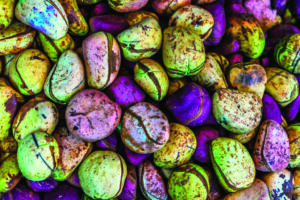
Kola Nut
The name Cola is derived from kola nuts, seeds of Cola trees in the tropical rainforests of Africa. Cola originally sourced caffeine from the kola nut. The introduction of kola nut to the Americas can be traced back to its use during the slave trade. As Europeans explored Africa they found that Africans used kola nuts to relieve thirst, improve the taste of water by chewing on it, strengthen the stomach and combat liver disease. Slavers used this knowledge on slave ships to enhance the taste of water, as enslaved Africans were given
poor-quality water.
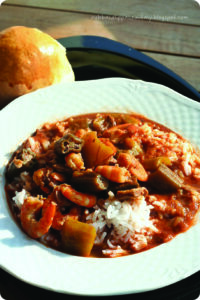
Okra
Okra is a vegetable that appears throughout Diasporic foods. Okra is derived from the Igbo word “ókùrù” Through the years, the word was modified and eventually became okra. Okra made its way to the Americas by way of enslaved Africans. In North America, Okra is seen in Gumbo, a popular soup that originated in Louisiana. Okra is used as a thickener in gumbo soup to get its notable thick, almost viscous consistency. In Bahia, Brazil, okra is known as quiabo and is used to prepare caruru, a dish of cultural and religious importance.
Originally Published 2/23/23

